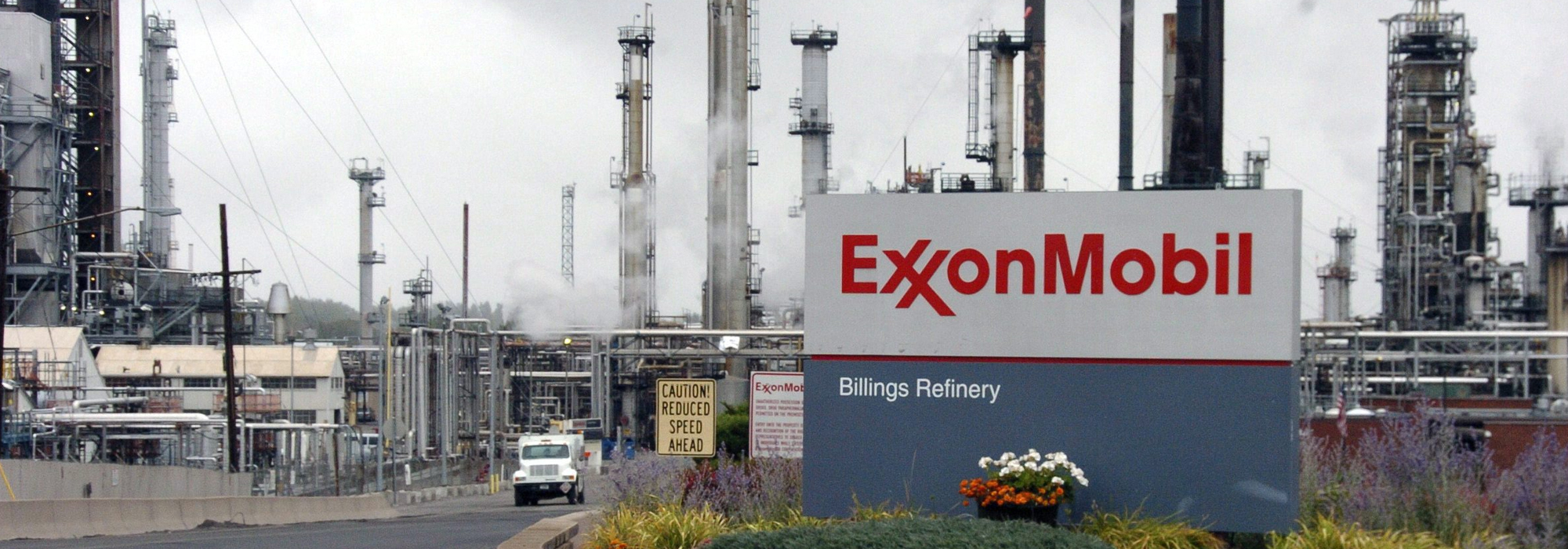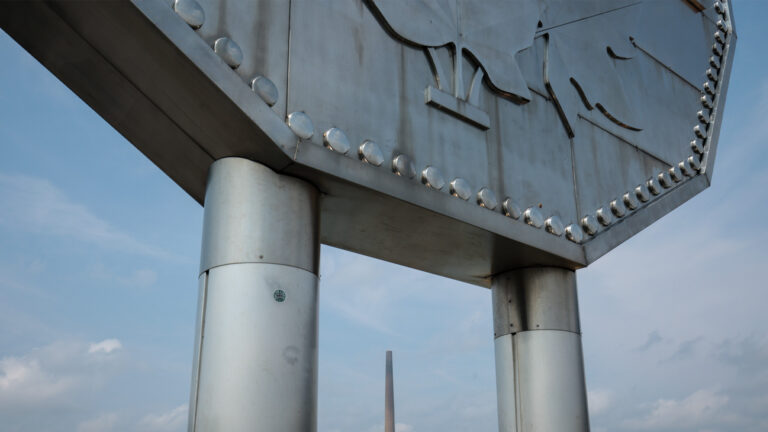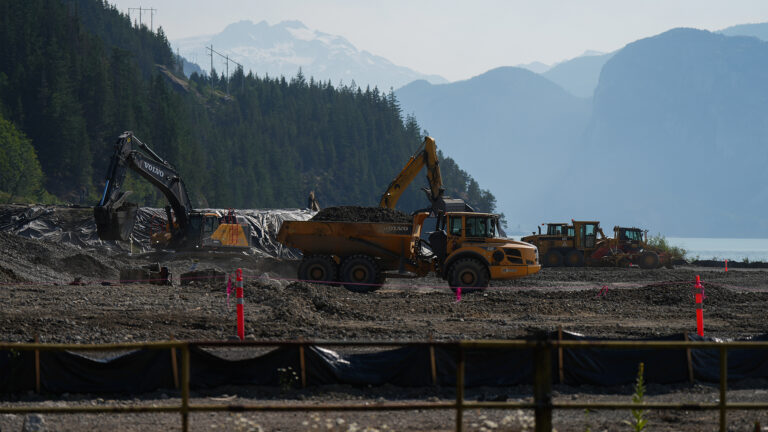When reflecting upon yesterday’s climate change news, I thought back to a pivotal moment in the movie City Slickers when Billy Crystal’s character Mitch and his pals Phil and Ed, are on horseback discussing their best and their worst days.
When Ed, played by Bruno Kirby, is asked to recall his best day, he talks about his philandering dad:
“So I told him; I said ‘You’re bad to us. We don’t love you. I’ll take care of my mother and my sister. We don’t need you anymore.’ And he made like he was gonna’ hit me, but I didn’t budge. And he turned around and he left. He never bothered us again. Well, I took care of my mother and my sister from that day on. That’s my best day.”
When asked about his worst day, Ed paused and said:
“Same day.”
If you care about climate change you probably had had a similar experience on Wednesday.
First, the news that made May 31st, 2017 a great day:
In a historic and surprising vote by a clear majority—more than 62%—of its shareholders, the global petrochemical giant ExxonMobil was pushed in the direction of being more transparent and more specific about the impacts of climate change on—and from—its oil and gas business. Last year, the same resolution garnered support from a measly 38% of the company’s shareholders.
Though the resolution is non-binding, it sends a strong message to the company’s board and officers. When asked to explain the implications of the vote, Edward Mason, head of responsible investment at Church Commissioners, said “climate change is a material financial risk and shareholders want to know how companies will manage the change to a low carbon economy.” Mason added, “we believe Exxon’s board can and should support our reasonable disclosure request.”
The vote by ExxonMobil’s shareholders is firmly in line with common sense in the United States about the risks associated with climate change. Indeed, the opinion of ExxonMobil’s shareholders is in lockstep with the opinion of most Americans. In each of our country’s 50 states, for example, a majority of adults believe that climate change is real; a majority of adults believes that carbon dioxide should be regulated as a pollutant; a majority of adults believe the United States should set strict limits on carbon dioxide emissions from power plants; and a majority of adults worry that climate change will harm future generations.
Beyond common sense, the vote by ExxonMobil’s shareholders also makes good business sense. To understand why, think about all of the expensive coastal infrastructure that would be at risk from more extreme weather and sea level rise. Likewise, imagine ExxonMobil’s vast network of global operations that could be halted or disrupted as a result of a wide range of climate-induced natural hazards, not to mention climate-related civil unrest.
The vote also makes good business sense because it helps to insure the company against shocks from changes in consumer demand, as well as regulatory reform. Consider what is happening in the oil sands. Increasing regulatory pressure, along with changes to oil’s global economic standing, have dealt a body blow to the industry. While oil production in the United States is not currently in the same dire straits as in Canada, it’s no longer inconceivable that increased regulatory pressure — or climate-focused trade restrictions imposed from abroad as other countries focus on reducing their own carbon dioxide emissions—could cut deeply into the viability of America’s petroleum business.
Now for the bad news. At the same time as ExxonMobil’s shareholders were making history, Donald Trump’s White House was poised to make history of its own. Multiple media outlets were reporting throughout the day that Trump would order the United States’ withdrawal from the Paris Climate Accord.
Not only would Trump’s decision place the United States in dubious company — joining Syria and Nicaragua as the only three countries to not take part in the Paris Agreement—it would represent a slap in the face to in the face of a clear majority of Americans, and near-majority of Trump’s own voters, who believe that their country should continue to participate.
In light of these numbers, it should be made clear that any decision by Donald Trump to withdraw the United States from the Paris Climate Accord is exactly that: his decision. To characterize this impending decision, which is based on a Republican anti-science ideology, as America’s withdrawal from the agreement is both misleading and disingenuous.
This would be a decision by Trump and by the Republican Party, and it would disregard the will of the American people. In stark contrast to the vote by ExxonMobil’s shareholders, a decision by Trump to withdraw from the Paris Agreement would place at risk the profitability of scores of American businesses.
Finally, to all but the most scientifically illiterate — and morally bankrupt — there is no denying that a decision by Trump to withdraw from the Paris Climate Accord would markedly increase the levels of climate-induced risk and vulnerability faced by American communities, American citizens, and America’s natural resources.
So, what has been the best day for the global fight against climate change since last year’s presidential election?
Wednesday.
And what has been the worst day?
Same day.
Photo: Exxon Mobil’s Billings Refinery in Billings, Mont. (AP Photo/Matthew Brown)
Do you have something to say about the article you just read? Be part of the Policy Options discussion, and send in your own submission. Here is a link on how to do it. | Souhaitez-vous réagir à cet article ? Joignez-vous aux débats d’Options politiques et soumettez-nous votre texte en suivant ces directives.











